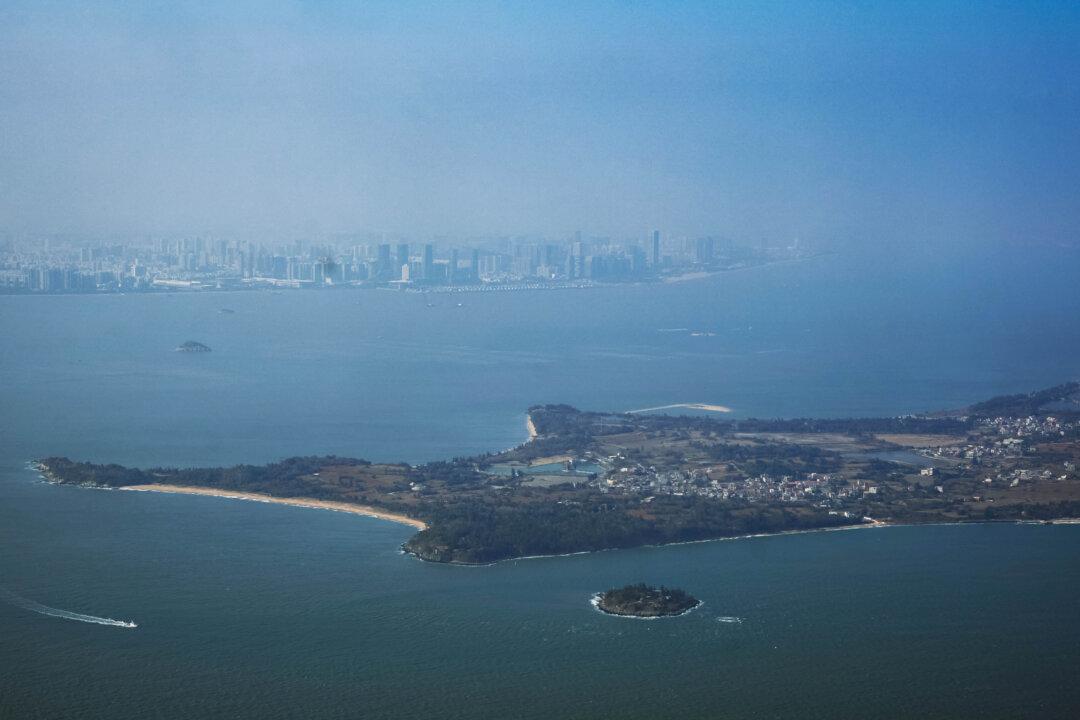After Taiwanese corporate Far East Group was fined heavily $72 million by the Chinese communist regime in November 2021, increasing difficulties that Taiwanese businesses are facing in mainland China have attracted wider attention.
On Dec. 5, 2021, when Taiwan’s Vice President Lai Ching-te went to visit Kinmen, he met a Taiwanese businessman surnamed Wang. Wang had been doing business in China for decades and came to make a petition.




